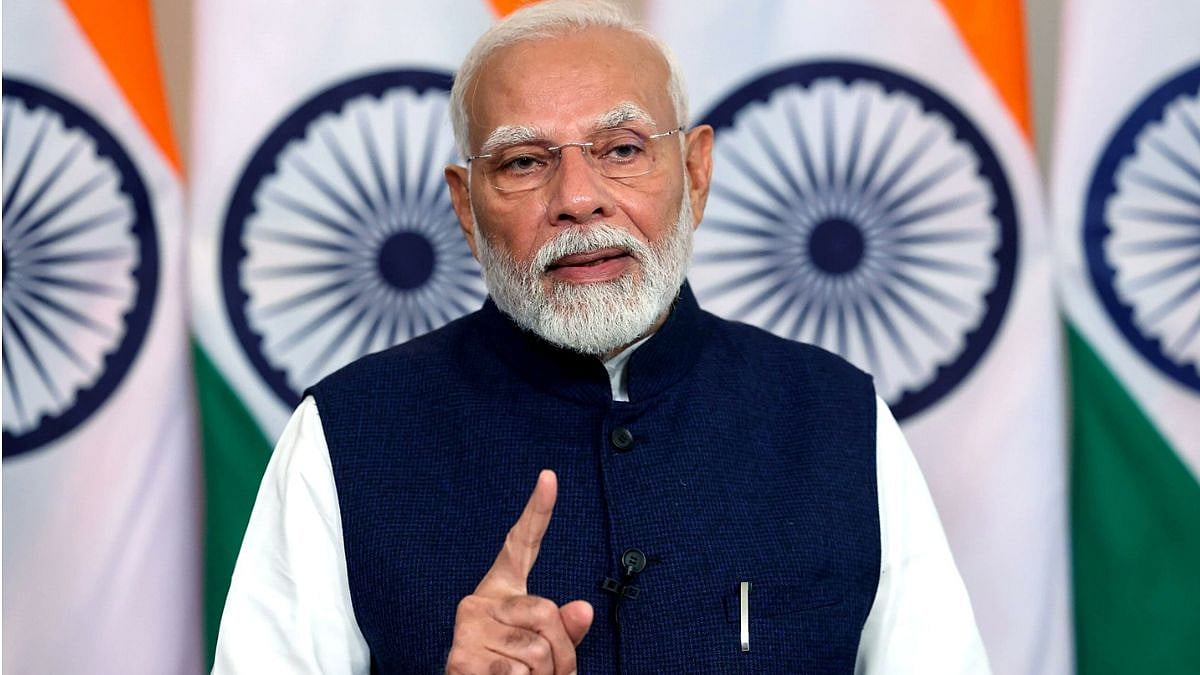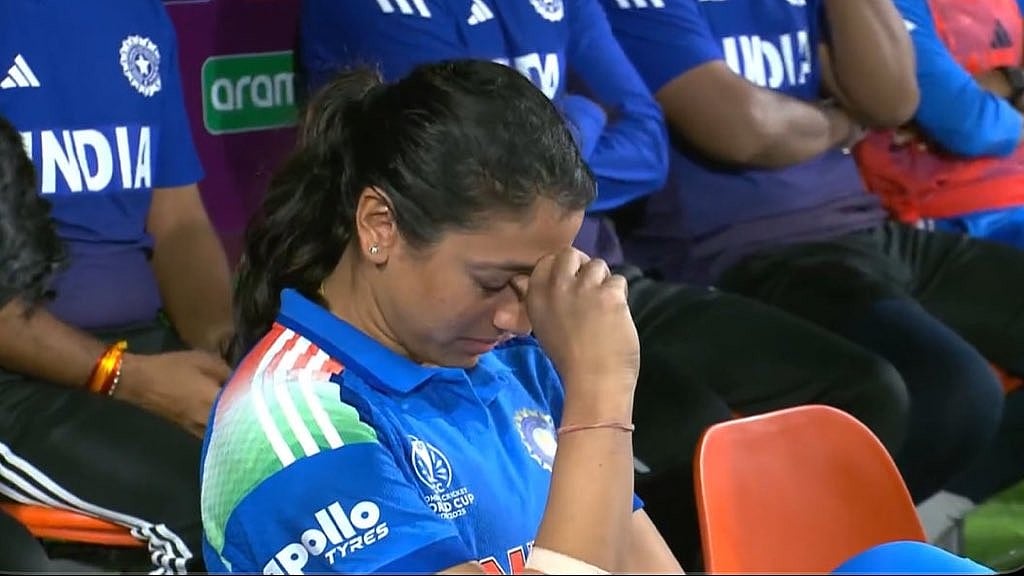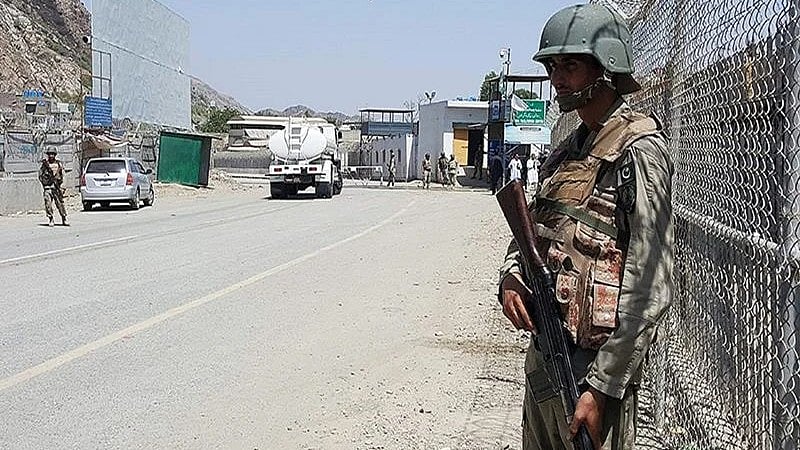The case of Fr Stan Swamy, the oldest man to be accused of terrorism in India, is becoming a test case for civil liberties in India. An 84-year-old Jesuit priest with five decades of work among Jharkhand tribals is alleged to be the kingpin of a plot to take on the Modi government through an armed militia. In the nearly two years that he has been incarcerated, his Parkinson’s has worsened. He is literally rotting in jail but unable to get bail. There was a time when he was denied even a sipper to help him drink because tremors made it difficult for him to hold a glass.
The special court hearing National Investigative Agency (NIA) cases refused to grant Swamy bail in March saying that the material placed on record prima facie indicated that he was carrying out activities to ‘overthrow the democracy of the nation’ and that the “collective interest of community outweighed the right of personal liberty of Stan Swamy”.
Last week, Swamy’s lawyer approached the Bombay High Court for interim bail on health grounds, at which the court suggested that he could be shifted to the state-run JJ Hospital. Swamy turned down the offer saying that he did not want to be hospitalised there and would “rather suffer” and “possibly die very shortly” if things were to go on as they were.
Since Swamy, along with 15 other co-accused in the Bhima Koregaon case – academics, activists, artists, lawyers and trade union activists – have been booked under the stringent Unlawful Activities (Prevention) Act, bail has been virtually impossible. By the time the case comes up for hearing, each one of them will have spent several years in jail. A 1967 law, the UAPA has been repeatedly amended to include stringent provisions in the name of fighting terrorism. A 2019 Supreme Court ruling has made it near impossible for the accused in such cases to get bail, shifting the onus of disproving charges on them.
Kobad Ghandy, who was arrested under the UAPA in 2009 for being a Maoist, spent 10 years in jail before he was acquitted. Ghandy, who spent time in seven jails across six states, has written about the Kafkaesque operations of India’s jails and the judiciary in his book, ‘Fractured Freedom: A Prison Memoir’.
Fr Swamy is the not the only detenu to be denied basic healthcare facilities. His co-accused and Delhi University associate professor Hany Babu had tested positive for Covid-19 and has been suffering from an acute eye infection which has rendered him almost blind in one eye. He was shifted to a hospital only after his family raised the alarm in the media. Then there’s the case of journalist Siddique Kappan, who went to cover the Hathras rape and killing but was booked under UAPA for ‘trying to create communal unrest in UP’. Kappan, 42, who has comorbidities, contracted Covid in prison and was shifted to a hospital in Mathura, UP, where he was chained like an animal to a hospital bed. It took a Supreme Court order for Kappan to be shifted to a hospital in Delhi for treatment.
The liberal use of the equally draconian Sedition Act against critics and dissenters paints a sorry picture of civil liberties in India. On Republic Day, six journalists, including prominent ones such as Rajdeep Sardesai and Mrinal Pande, were slapped with sedition just because they ‘shared misinformed news and instigated violence’ through their tweets. Earlier, the Delhi police had even been contemplating the arrests of IAS officer-turned-communal harmony activists Harsh Mander and Delhi University professor Apoorvanand under the UAPA, for exposing the police partisanship in the anti-CAA riots. Swamy’s case is reminiscent of the Dr Binayak Sen case; the human rights activist was acquitted of sedition by the SC in a 2010 case filed by the Chhattisgarh government.
No less a person than Julio Ribeiro, a respected former IPS officer, has called for the case against Fr Swamy and the 15 others to be re-investigated in the light of a finding by a US-based cyber forensic agency that the incriminating letters that led to the arrests had been planted in the laptop of co-accused Rona Wilson, who was researching for his PhD. The court has, however, refused to consider the evidence.
The Stan Swamy case should also be seen against the backdrop of two recent events. One, the Supreme Court’s directive to decongest jails in the times of Covid and two, the release of Vikram Bhave, an accused in the 2013 killing of rationalist Dr Narendra Dabholkar, saying there are ‘not enough reasonable grounds’ to conclude that the allegations against him are prima facie true. Just a year ago, the Vikas Dubey case showed how a gangster who murdered a UP minister in a police station managed to obtain parole.
The use of law enforcement agencies to hound political rivals and dissidents adds to the mystery in this case; the NIA took over the Bhima Koregaon case from the Pune police within hours of the home minister and deputy CM in the MVA government calling a meeting of police officers associated with this case to understand it. Unless this misuse is curbed and some transparency restored, every citizen will live in dread of the midnight knock.










